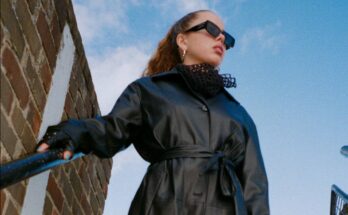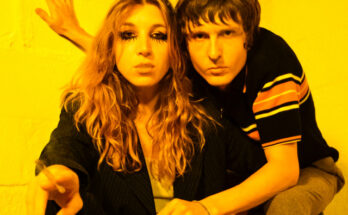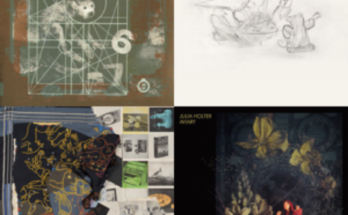It’s been nearly 20 years since Copeland and Summers had enough of creepy schoolteacher-turned pop star Sting, and it’s difficult to say whether Sting, in his most modern persona, is a shell of his former self or whether his original persona was unduly credited with success.
That aside, it only seems appropriate that after a tour that featured, among other musicians, a cellist and popular jazz bassist Christian McBride (who, rumor has it, repeatedly disrespected Sting’s music abilities), and bald-headed singer (and Eurythemics vocalist) Annie Lennox as an opener, the following tour, entitled “Broken Music,” would be more minimalist. Declaring that the “last time I played in this building was 1982,” near the peak of the Police’s domination of radio, Sting, with two guitarists and a drummer in tow, played Assembly Hall April 17.
Those who haven’t been to the arena recently will be impressed with the care given turning Bruce Weber’s home into a concert venue-the usually confusing acoustics of the gigantic hall were satisfyingly listenable, and extensive robotic lighting, heavy gray curtains and sensible interior decoration suited the aesthetics of a room filled with mostly older women (in groups) or couples. That said, the crowd was healthily familiar with the material, holding up cell phones, the lighter for the Nutrisweet generation, during ballad “Fields of Gold,” for which candles perhaps would have been more appropriate.
Kicking off quickly after opener Phantom Planet’s set with the ever-popular classic rock radio track “Message In A Bottle,” the band quickly dived into world-music Police b-sides, seguing “Voices Inside My Head” into “When The World Is Running Down,” and the distopian “Spirits In A Material World,” but never lost sight of his current adult-like footing. Sting avoided the touchy subject of politics during banter, only mentioning fox hunting (a non-issue for Americans) as a introduction to a song on the subject, but the songs say what couldn’t easily be said without risk to such a game (and largely older) audience, playing “Driven To Tears” off Zenyatta Mondatta, which Pearl Jam more-topically covered on the same stage during a tour stop two years prior. Another strange match between band and audience is the excellent “Bed’s Too Big Without You”: despite a stellar performance, the angst didn’t connect with the audience.
Ignoring what’s been said to the contrary, Sting still plays excellent bass (but never needs to pay attention to the instrument) and his manners and couture were a fitting complement to his excellent performance.
Drummer Josh Freese (A Perfect Circle) found himself in the difficult situation of being called upon to recreate Steward Copeland playing, undoubtedly one of the best drummers to ever cut vinyl. In addition to exhibiting an excellent sense of Copeland’s sound and energy, in stage lights he seemingly resembled the man.
The two guitarists performed well in reworking the keyboard-rich solo material, but some of original Police guitarist Andy Summer’s more sublime atmospherics, an important ingredient in many of the originals, went by the wayside. That said, the hired hands were up to the material.
Guitarist Shane Fontayne surprisingly, and inappropriately, debuted a harmonica cage during a few songs. Both were given a few chances to take the lead, and while they performed serviceably in this role, the beauty of many of the original songs is the lack of solos: just as the Ramones were taking a stand against running up and down a fretboard, without soul, the Police were silently recording tracks in the same nature, focusing on richness of sound. Though the crowd clearly enjoyed solo material like an energetically-performed “If I Ever Lose My Faith In You,” during which it was possible to close your eyes and imagine it more vital than ever, the clear highlight was the vim given to the performance of “Synchroncity II,” the first track on the side B of the final Police album. The progressive sounds of the track, which protests the noise in modern society, combined with excellent work from the band, was all one could hope for.
After a “Roxanne” heavily aided by futuristic lighting and a double-encore, featuring as a highlight early punk-ish Police track “Next To You,” the house lights rose and the hall was filled with piped-in music: Coldplay’s 2002 hit “Clocks,” a jazzy, world-musicy slice of Brit-pop and a track strongly influenced by Sting’s musical ambitions, existential crises and universal concerns, an unambiguous statement of Gordon Sumner’s imprint on musical culture.



